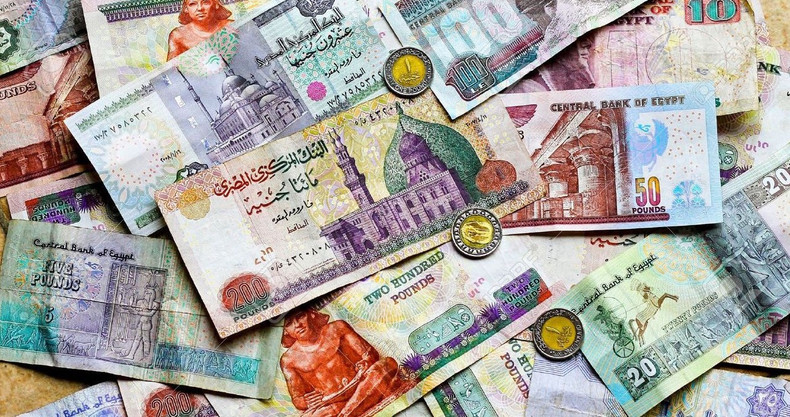The economy of Egypt has undergone significant changes over the years. Under President Gamal Abdel Nasser (1954–1970), the focus was on import substitution. However, under President Abdel Fattah el-Sisi (2014–present), Egypt is following the Egypt 2030 Vision, which aims to diversify the economy. As of 2024, Egypt has the second-largest economy in Africa by nominal GDP and is ranked 42nd worldwide.
Since the 2000s, Egypt has implemented structural reforms, including fiscal and monetary policies, taxation, privatization, and new business legislation. These reforms have led to a more market-oriented economy and an increase in foreign investment. As a result, macroeconomic annual growth has improved, leading to a decline in unemployment and poverty. Additionally, Egypt benefits from political stability, proximity to Europe, and increased exports, making it an attractive option for investors.
Background
The economy of Egypt has undergone significant changes over the years. In 1971, the constitution described the economy as socialist, with the people controlling all means of production. However, the public sector dominated the economy for about two decades after the 1952 revolution, during which major nationalizations occurred. This led to the government controlling large-scale industry, communications, banking and finance, the cotton trade, foreign trade, and other sectors. Private enterprise was gradually restricted, although some opportunities remained in real estate, agriculture, and export trade.
The government also regulated various aspects of production and distribution, including agricultural prices, rent, internal trade, foreign travel, and the use of foreign exchange. It also appointed and supervised the boards of directors of corporations initiated projects and allocated investment.
In the early 1970s, the government adopted the infitaḥ ("opening") economic policy, relaxing some restrictions and allowing greater private-sector participation. While corporations are now run by their boards of directors, they receive instructions from public boards, and the chairmen often coordinate their production policies with the state minister. The government also formulated five-year development plans and has sought increased foreign investment, initially receiving aid from oil-rich Arab states.
Despite these efforts, Egypt's economy has faced challenges, including a low standard of living and limited economic resources due to its population size. Population increases have led to chronic underemployment, and political uncertainty following the 2011 uprising had a negative impact on various sectors of the economy, particularly tourism, construction, and manufacturing.
